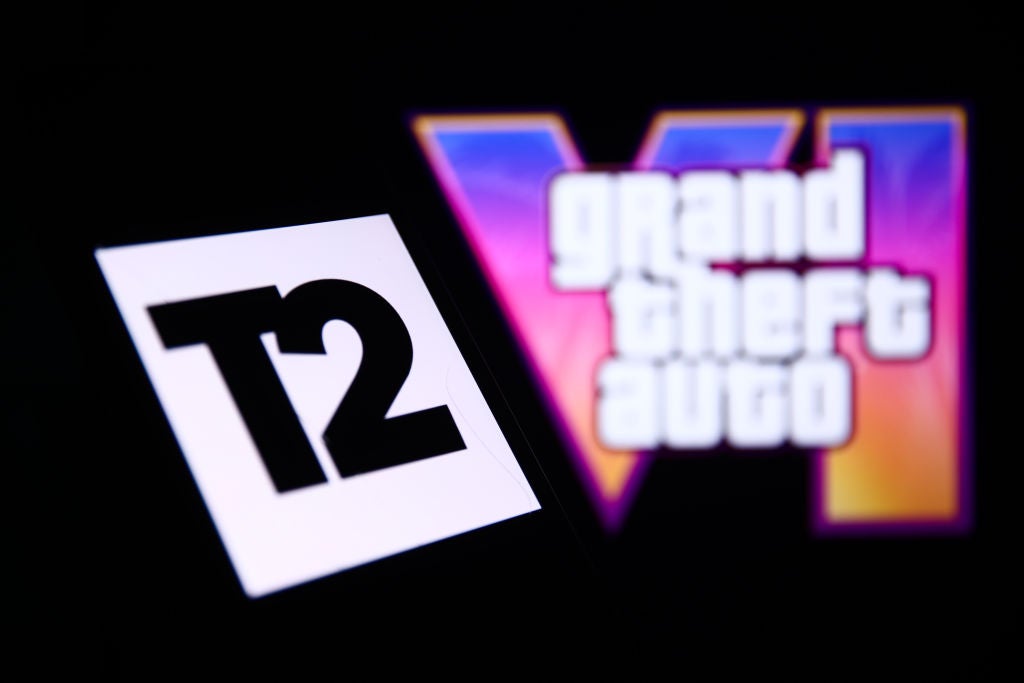
Chinese online gaming stocks tumbled on Tuesday after a state-affiliated media outlet described video gaming as “spiritual opium”. The country’s largest game operator, Tencent Holdings, was explicitly called out as the source of the problem by the publication, which has since removed the article from its website and its WeChat account.
The Economic Information Daily, a newspaper affiliated with Xinhua, China’s official news agency and the principal mouthpiece of the Chinese Communist Party, attacked the country’s gaming industry in an article published on Tuesday morning. Coming amid the government’s ongoing crackdown on the tech industry, the article fanned speculations that the gaming sector may be next on Beijing’s watchlist.
Following the news, shares of firms in the Chinese online gaming market were hit hard. By market close on Tuesday, shares of Tencent plunged 6.11% in Hong Kong. Domestic competitors Netease and Bilibili saw their share prices drop 7.77% and 3.44%, respectively. The HangSeng Tech index declined 1.47% on Tuesday.
The broadside comes days after the securities regulator and state media sought to soothe investor fear over the pace and breadth of market reform that sparked a selloff in technology and private education. The CSI300 index last week fell more than 5% for its most significant monthly loss since October 2018.
Tencent levels up in gaming sector
Tencent is the largest video game operator in China and relies on gaming for nearly a third of its revenue. The company tops GlobalData’s gaming sector scorecard rankings.
According to GlobalData’s analysis, the Chinese colossus is strong across nine out of the 10 themes that matter the most in the market. It has achieved a perfect thematic score of five out of five for mobile gaming, esports, game development and China impact. For virtual and augmented reality, social media, Covid-19 and cloud gaming, it achieved four out of five.
How well do you really know your competitors?
Access the most comprehensive Company Profiles on the market, powered by GlobalData. Save hours of research. Gain competitive edge.

Thank you!
Your download email will arrive shortly
Not ready to buy yet? Download a free sample
We are confident about the unique quality of our Company Profiles. However, we want you to make the most beneficial decision for your business, so we offer a free sample that you can download by submitting the below form
By GlobalDataThe only theme in which Tencent didn’t score well is regulation, which is a common concern for the gaming industry. Given the uncertainty that tech companies face in China’s current regulatory climate, it is no surprise that investors were spooked following the Economic Information Daily’s public accusation.
However, the newspaper article shows few signs of being an accurate representation of the government’s stance. Previous investigations by the Beijing-based publication were wide-ranging from local waterway congestion to wasteful packaging with few stories on the technology sector, the South China Morning Post reported.
Recently, Tencent has levelled up its gaming arm with domestic and overseas expansions. Notably, the Chinese behemoth bought British game developer Sumo in a $1.27bn deal in July. The list of game developers that are wholly or partially owned by Tencent includes Riot Games, Epic Games, Dontnod, Activision Blizzard, Ubisoft and Paradox.
The company also tried to merge China’s top two videogame streaming sites, Huya and DouYu, which would have created a live streaming titan valued at over $10bn. The move was, however, blocked by the State Administration for Market Regulation.
The formal blocking of the merger shows that regulators in Beijing are no longer shying away from taking a hard stance against the country’s increasingly powerful tech industry. Moreover, the decision sets a precedent indicating that Beijing has its eyes set on the gaming sector.
Think of the children
Video game addiction has become a rising problem among Chinese children and adolescents. Before the advent of mobile gaming and China’s video game market becoming the biggest in the world, a report cited in 2007 claimed 6% of China’s teenaged population were playing online games more than 40 hours a week.
“Online gaming inducing violence and addiction, as well as the growing number of eye problems in China’s youth population, have been a serious concern of the Chinese authorities over the last few years,” senior GlobalData analyst Laura Petrone tells Verdict.
Tencent Games first towed the line in 2017 by restricting children to a few hours of gameplay, adding payment caps and parental locks alongside a digital 9pm sign-in curfew. The move was made onto one particularly popular mobile game called Kings of Glory, a title so beloved that once Tencent’s restrictions were announced, the company saw a 4.13% trading slump the same day.
More recently, the company started deploying so-called Midnight Patrol facial recognition to stop minors from breaking curfew. This technology checks on players going on a gaming binge after the cut-off time or spending a certain amount of credit using facial recognition.
If the face matches the right government ID, then the player can continue. If not, or if the player doesn’t consent to the scan, then they are kicked off the game.






